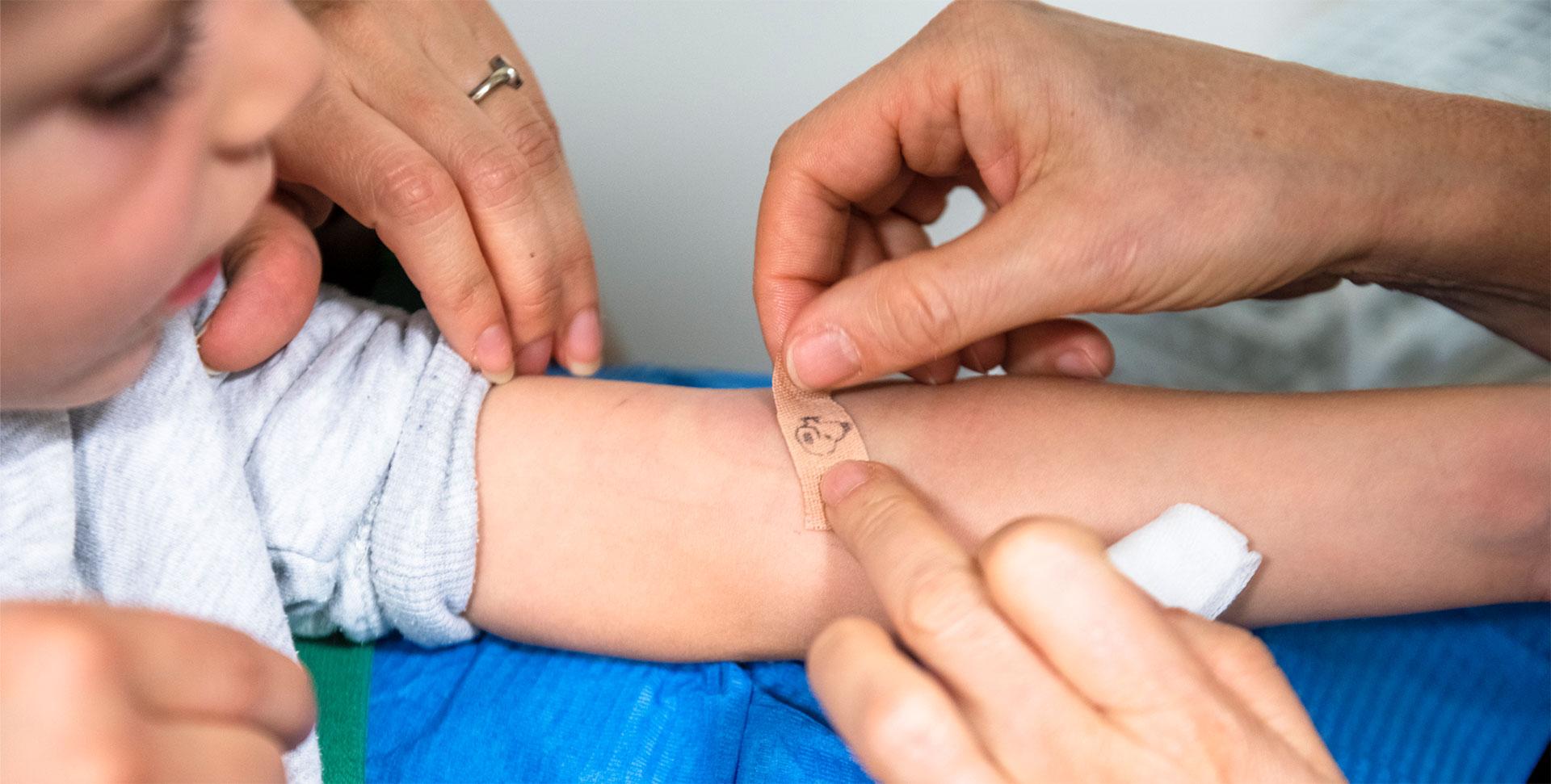SEROCoV-KIDS: Children, teenagers and the pandemic

Covid-19 is also affecting the lives of the youngest generation. A current study by Geneva University Hospital is now investigating the effects.
The effects of the Covid-19 pandemic on children and teenagers are still largely unknown. SARS-CoV-2 can directly impact their health due to the infection itself or potential complications such as long Covid. Young people may also face medium- and long-term difficulties, linked to the context of the pandemic and the individual and societal changes it has caused.
Silvia Stringhini and her research team from the Unit of Population Epidemiology of Geneva University Hospitals (HUG) are investigating the effects of the pandemic on children and teenagers. The SEROCoV-KIDS study focuses not only on the direct and indirect medical consequences of infection, but also on the development, lifestyle and mental health of children and teenagers.
Young residents of Geneva aged between 6 months and 17 years can take part. The study is based on two complementary approaches. The biological side includes two blood samples taken 18 months apart, which will be tested for SARS-CoV2 antibodies. On the epidemiological side, participants will also be requested to complete around 10 online questionnaires regarding their health and development over a period of three years, using the secured digital platform Specchio-COVID19. The questionnaires are completed by an adult referee, and young people aged 14 and over are also invited to express their views in their own questionnaires.
Participation in the study is a citizen's commitment to advancing research and can make an important contribution to a healthy, contented future for our society. The more participants take part, the more representative and reliable the results will be. Further information on how to take part in the study can be found on the Geneva University Hospitals website. All data will be treated in strict confidence and neither the participants nor their health insurers will have to bear any costs. The participants’ vaccination status and whether they have already been infected are immaterial. The results of the study will improve our understanding of how the pandemic is affecting the youngest generation. In the long term, this will close a large research gap and help optimise the management of pandemics in the future.
Due to the limited financial resources, the project could not be funded as part of NRP 78. It was finally made possible thanks to the support of the Jacobs Foundation and the FOPH, and the study could begin at the end of 2021.
